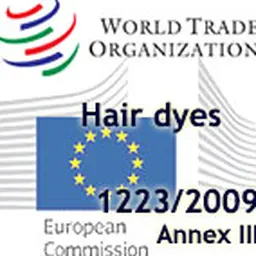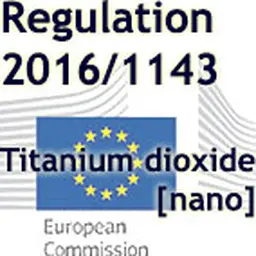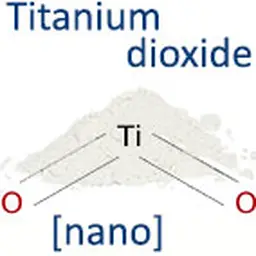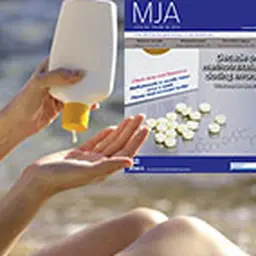
While today’s consumers continue to show a preference to natural or naturally-derived products, they also see high efficiency as a must-have feature in cosmetic products. Simultaneously, end users look for solutions to new skin concerns, such as the harm from blue light and infrared radiation. To meet the demand, manufacturers shift their focus to more advanced product technologies, such probiotics, cell-derived actives, and neuro-cosmetics. An analysis by Kline.
From your lunch to skin care routine: probiotics
Well-positioned on the food market, probiotics are now used to cultivate 'skin-friendly' bacteria in cosmetic formulations, responding to aging and specific skin care concerns. Several cosmetics companies already offer probiotic-based skin care products. Aurelia Probiotic Skincare combines probiotic technology with ethically-sourced botanical formulations, aiming to boost cell metabolism. Tula Skincare Products is putting to use Multistrain Probiotic Technology, yogurt cultures, and nutritious superfoods to formulate its wide range of personal care products. Active ingredient manufacturer Sabinsa has developed a probiotic-based ingredient Lactospore, based on L (+) lactic acid, which is completely metabolized by glycogen.
While medical tests prove the effectiveness of probiotic-based products, there are still a few obstacles for cosmetics manufacturers. The basic challenge is to identify the right microorganism to be used in the formulation. Chemicals used in cosmetic formulations do not always provide the right medium to keep bacteria alive, and this may affect the viability and efficacy of the formulation. To prevent any undesirable reactions or excessive growth, the majority of probiotic-based cosmetic ingredients stick to formulations, where bacteria are present in a dormant state.
Towards the most natural and effective: marine ingredients and botanicals
The cosmetic industry …













